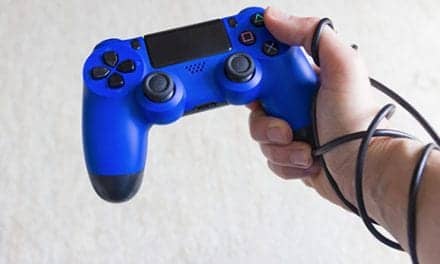Good Shepherd Rehabilitation Network has received a National Institutes of Health (NIH) research grant to study the complex relationship between stroke, sleep and rehabilitation.
The $500,000 NIH grant will fund Good Shepherd’s portion of a five-year study — “SLEEPR Study: The Sleep Effects on Post-Stroke Rehabilitation” — that also marks a research partnership between Good Shepherd and SUNY Upstate Medical University in Syracuse, New York. SLEEPR is short for SLEep Effects on Post-stroke Rehabilitation, according to a news release from Good Shepherd.
While poor sleep can have negative effects on otherwise healthy people, Good Shepherd researchers plan to examine what impact sleep disorders, such as insomnia and restless leg syndrome, have on patients recovering from stroke.
NIH’s R01 grant, which undergoes a rigorous review process prior to being awarded, is a significant achievement for Good Shepherd and its research efforts, Executive Director Frank Hyland, MSPT, notes in the release.
“We are clinical specialists at Good Shepherd, and through research like this, we can bring innovative solutions to our patients. For example, what can we do to make the outcomes better for people who have sleep disorders and suffer stroke? If you’re tired, are you less likely to go out of your house?”
The study will focus on inpatient rehabilitation stroke patients admitted to the Good Shepherd Rehabilitation Hospital in Allentown. All told, 200 participants will be enrolled between Good Shepherd and SUNY.
How the SLEEPR Study Will Work
Researchers will collect data on stroke inpatients when they are 15, 60 and 90 days post-stroke through an activity monitor, sleep watch and GPS device. The study will analyze data showing how well patients sleep, their mobility and activity levels and their community participation (ie, do they leave home, go to the park or participate in other daily activities). Researchers will not collect exact location data as part of the study.
“If we can understand the effect of sleep disorders on recovery following stroke, we may be able to design future treatments that improve rehabilitation outcomes.”
— Emily Lyter, PT, DPT, Good Shepherd research coordinator
Research Partnership with SUNY
SUNY Upstate Medical University partnered with Good Shepherd on the NIH-funded study for a variety of reasons, George D. Fulk, PT, PhD, FAPTA, chair and professor in the Department of Physical Therapy Education, says in the release.
“First of all is Good Shepherd’s dedication to patients and outstanding outcomes for people with stroke undergoing rehabilitation. We have successfully partnered together on previous research projects, and Good Shepherd is at the forefront of applying the latest rehabilitation evidence to practice.
“These reasons, coupled with their outstanding team of physical therapists and other rehabilitation professionals, make this a strong partnership that will successfully accomplish our study aims. We also hope that this study will lead to further research together to explore the effectiveness of combining sleep and rehabilitation interventions to promote optimal outcomes for people that have experienced a stroke.”
[Source: Good Shepherd Rehabilitation Network]
Related Content:
Good Shepherd Rehabilitation Network Adds 2 New Trexo Plus Robotic Exoskeletons to Help Children Walk





